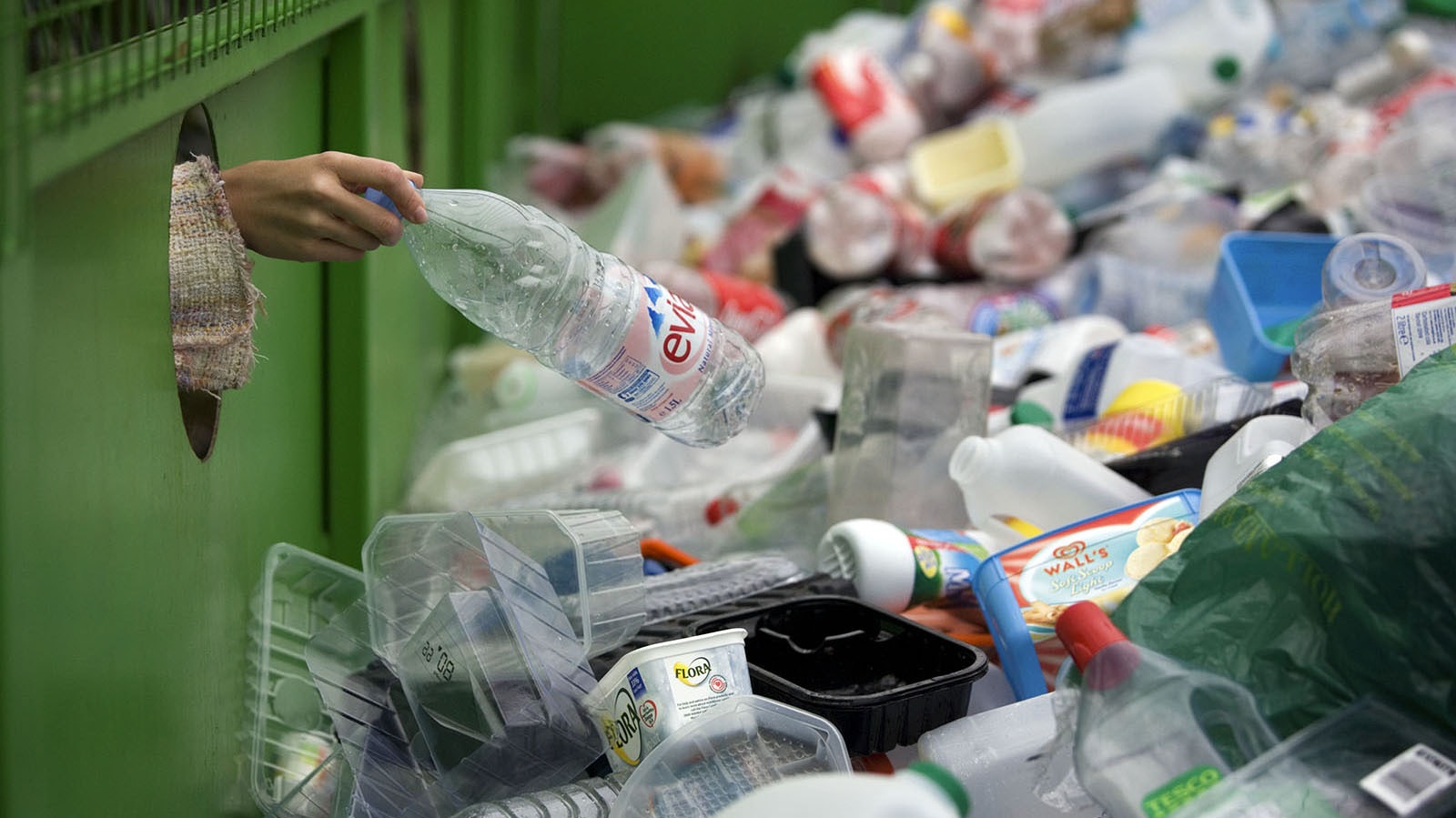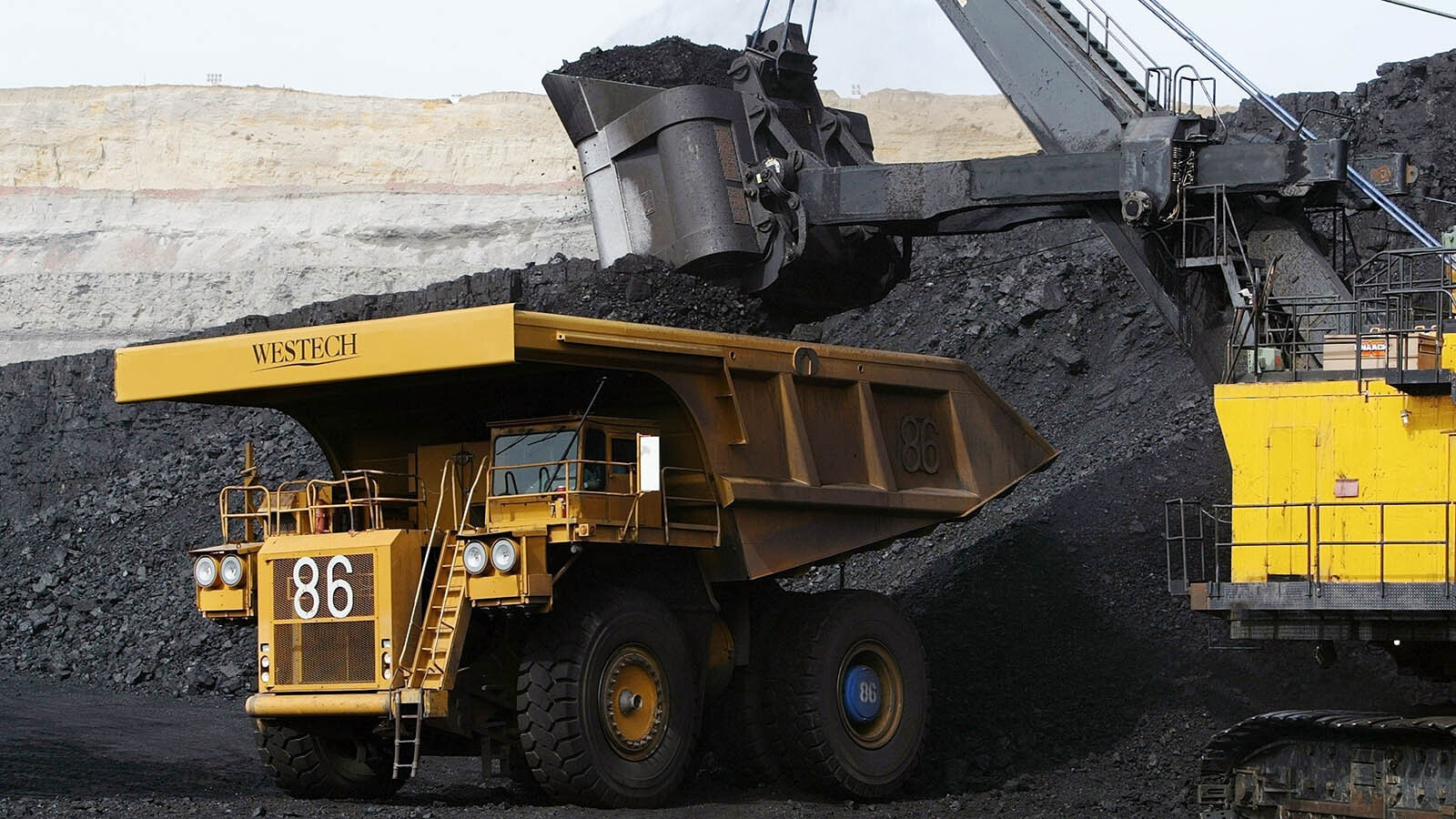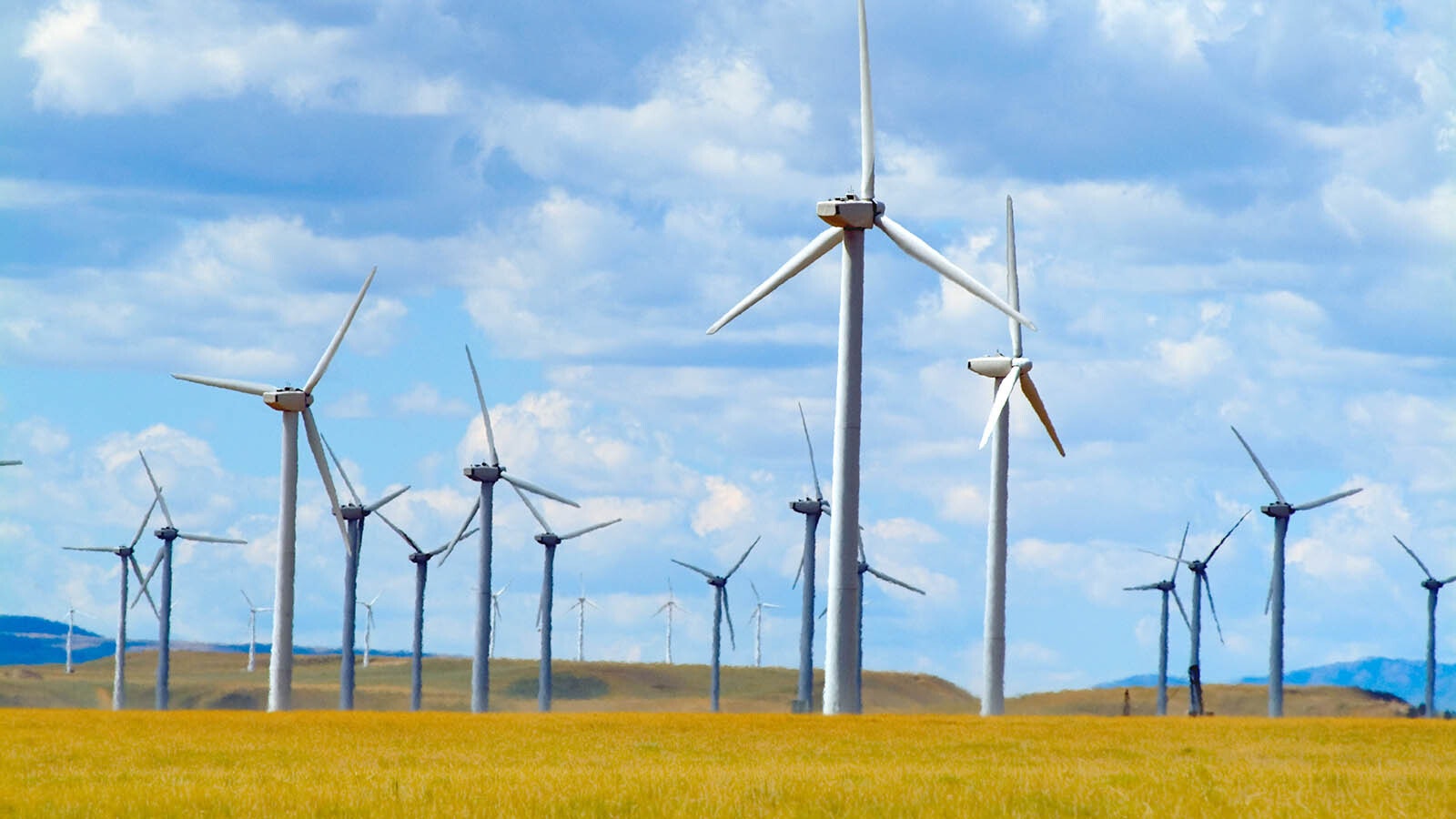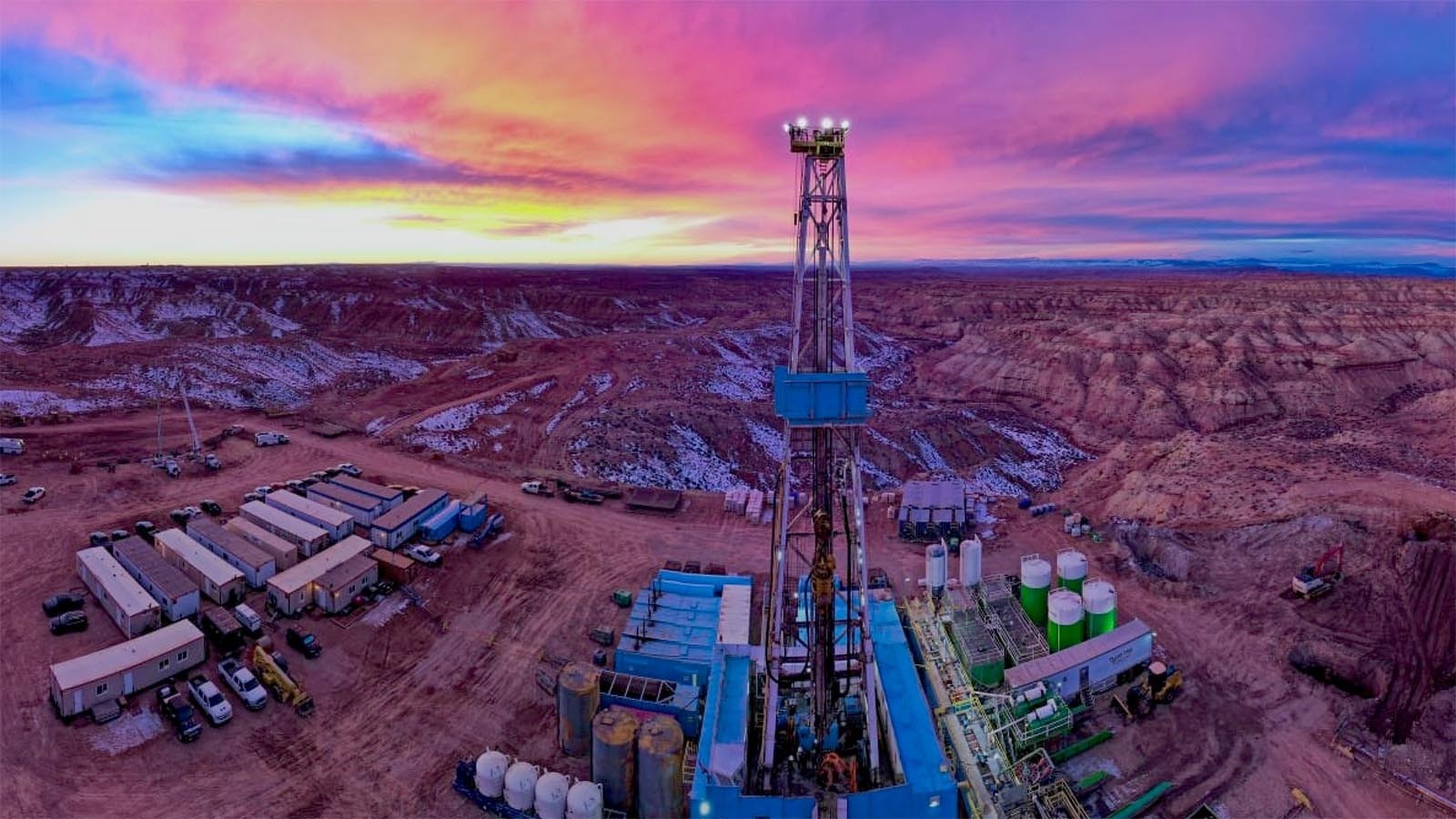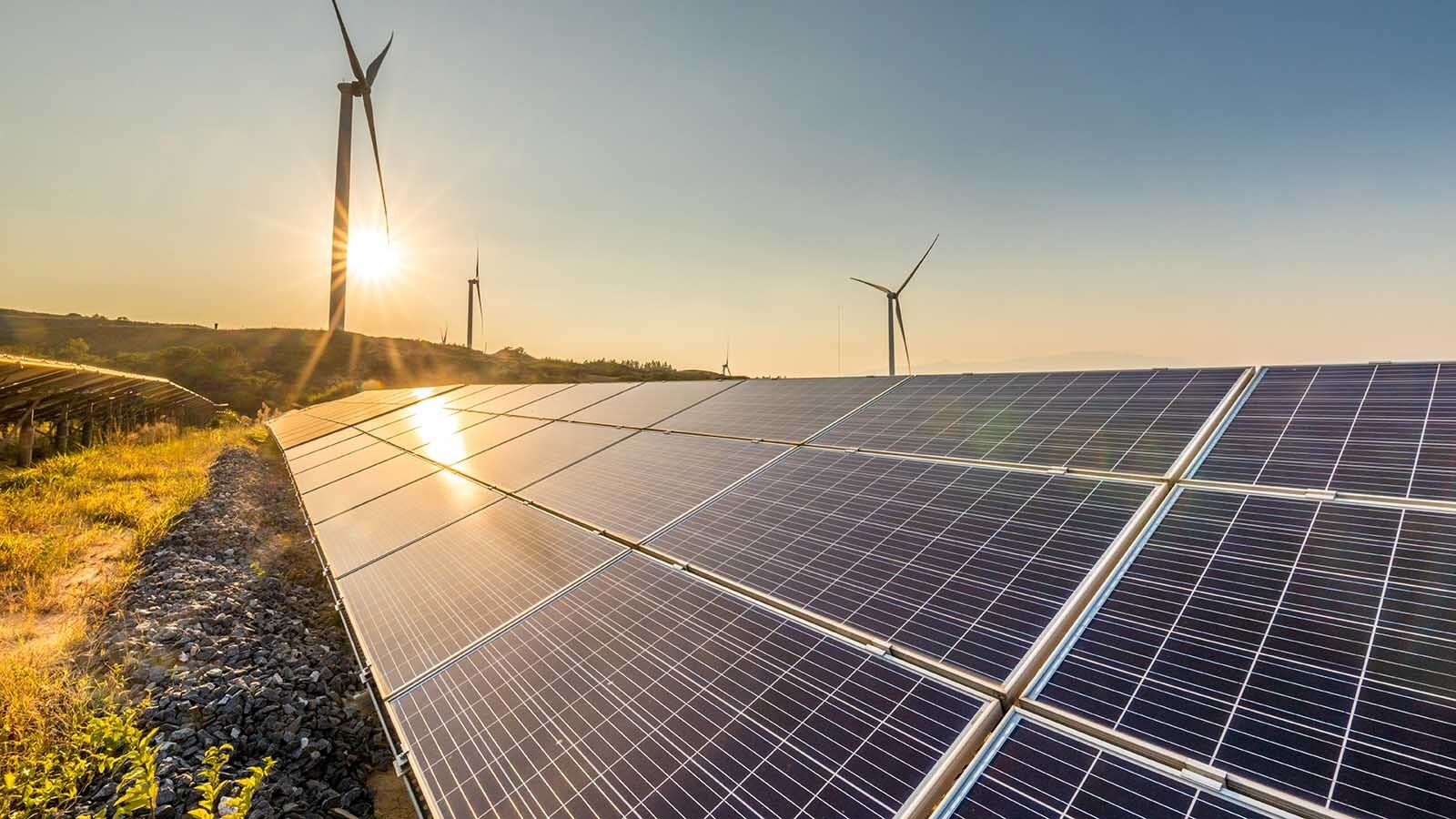A new Greenpeace report calls plastic recycling a myth based on the low amount of material that gets recycled. The analysis declares that mechanical and chemical plastic recycling fails and will always fail because plastic waste is difficult to collect, virtually impossible to sort, environmentally harmful and not economical to recycle.
Based on this analysis, the international environmental nonprofit comes to the conclusion that plastics, especially single-use plastics, should be eliminated as quickly as possible.
“Will we allow companies to continue to promote the failed, toxic plastic recycling myth or will we demand a pivotal change that dramatically reduces the production of single-use plastics?” the report asks.
Matt Seaholm, president and CEO of Plastics Industry Association, has a sharp rebuke for that conclusion.
“That kind of one-size-fits-all blanket policy? That’s just, frankly, laziness,” Seaholm told Cowboy State Daily.
Wyoming Recycles
Recycling has never been an enormously profitable industry. Collection centers are often supported by tax dollars, and the revenues they collect for the commodities are meager, even in good times.
Julie Ruff, recycling manager for the Campbell County Public Works Department, has been in the recycling business since 1996. She said markets go up and go down, but they’re particularly bad right now. High fuel and labor costs have shipping costs through the roof, which is making it hard for centers to make ends meet.
“You can’t even move cardboard right now,” Ruff said.
Rural recycling programs are at a disadvantage over those in large cities. Residents are spread over a large area, and all that added transportation increases collection costs. And there’s not much material to collect. Ruff said it can take Campbell County’s CARE facility a full year to collect enough recyclable plastics to fill a truck — about 43,000 pounds.
In 2021, Americans recycled around 6% of the plastics they consumed, according to the Greenpeace report, which was down from a high of 9.5% in 2015. Before China stopped taking recycling materials from America, much of the plastics were shipped overseas, where it was burned or just dumped.
It was possibly better for the environment that China stopped taking America’s plastic waste. According to Our World in Data, a project of Oxford University, China is the main source country for most of the plastic waste that ends up in the ocean.
Creative Shipping
The CARE center ships most of its materials to Salt Lake City-based Interwest Paper Inc. The company brokers for Evanston, Buffalo, Powell and some of Sheridan’s recycling material, among others.
“We pride ourselves on being an available recycler for Wyoming,” said Scott Simar, Interwest director of business development.
Simar said that historically, when fuel prices are up, the costs of new plastics go up. So, recycled plastic demand increases.
That’s not happening this time, and Simar isn’t sure why.
“It’s kind of an unexplainable. I think a lot of it is because people have limited their production,” Simar said.
Interwest is still getting the same amount of recycling material from Wyoming collection centers. To deal with the high shipping costs, there’s some creativity that goes into the logistics.
Ruff said Campbell County uses refrigerated trucks that deliver to McDonald’s. Rather than drive an empty truck back to a warehouse — called a deadhead in trucking lingo — it hauls recycling.
Simar said Interwest ships cardboard in lumber trucks heading to Washington state after dropping off loads in Salt Lake City.
Benefits of Plastics
Seaholm said Greenpeace’s report ignores a lot of environmental and social benefits that come with the use of plastics, such as reduced food waste from plastic packaging.
“Especially during a time of heightened food uncertainty, global food shortages and greater demand, plastic must be embraced for its ability to build a reliable, sustainable food supply chain across the world economy,” Seaholm said.
He said there’s a contradictory message in Greenpeace’s conclusions on plastic recycling.
“The activists at Greenpeace cannot call themselves environmentalists while simultaneously discouraging recycling as part of the solution to our world’s waste problems,” Seaholm said.
Annually, Americans recycle 5 billion pounds of plastics, Seaholm said, and the industry agrees that should be higher. But rather than exploring ways to increase those rates, Greenpeace is pushing an anti-plastics agenda, which has implications for the environment.
Plastics, Seaholm said, use the least amount of energy to produce, relative alternatives such as paper and glass. They require low amounts of raw materials to produce, and because of their low weight and compact size, they use the least amounts of energy to produce.
Seaholm said he once saw a demonstration that illustrated how compact plastics can be compared to alternatives. A truck full of pickles in glass jars was parked next to a Yugo hatchback full of the same amount of pickles, but they were packaged in plastic.
This all translates to lower emissions through their life cycle, Seaholm said, and even when plastics aren’t recycled, they take up the least amount of landfill space.
“Recycling is real, and the claims that it can’t ever work … will likely result in unnecessary waste and public reaction that could actually cause greater environmental harm,” Seaholm said.

